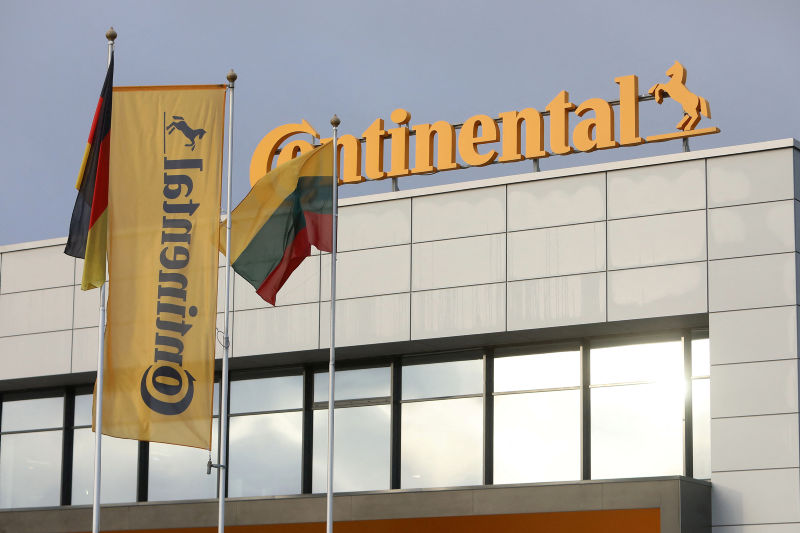China is pressuring German car parts giant Continental to stop using components made in Lithuania, two people familiar with the matter told Reuters, amid a dispute between Beijing and the Baltic state over the status of Taiwan.
The targeting of Continental is an example of how the China-Lithuania diplomatic spat is spilling over into business in an era of global supply chains and affecting Germany’s car industry, a lucrative pillar of Europe’s biggest economy.
The Chinese government downgraded diplomatic ties with Lithuania last month after the opening of a representative office by Taiwan in Vilnius.
Lithuania’s ruling coalition had also agreed last year to support what it described as “those fighting for freedom” on the island.
On Friday, Ingrida Šimonytė, Lithuania’s prime minister, attacked what she called China’s “economic violence”.
She said the European Union would continue its principled stance, putting in place appropriate legal mechanisms against economic bullying as early as possible. “The EU should act in unison and solidarity in its relations with China,” she added.
‘No Trust’ in Lithuania
China’s foreign ministry denied that Beijing had pressured multinational companies not to use Lithuanian-produced parts though said its companies no longer trusted Lithuania.
“The practice of ‘one China, one Taiwan’ grossly interferes in China’s internal affairs and seriously violates China’s core interests,” a spokesperson added.
Continental, one of the world’s largest car parts maker, has production facilities in Lithuania, making electronic parts such as controllers for vehicle doors and seats, and exports to clients globally including China.
German industry sources said the pressure was not only being felt by Continental but up to a dozen companies, mainly in the automotive and agricultural sectors, they said.
Continental, which supplies all of Germany’s big automakers, declined to comment on whether it had been asked by the Chinese government to cut links with Lithuania.
- Reuters, with George Russell
READ MORE:
Taiwan Looks At Chip Cooperation With EU States
























